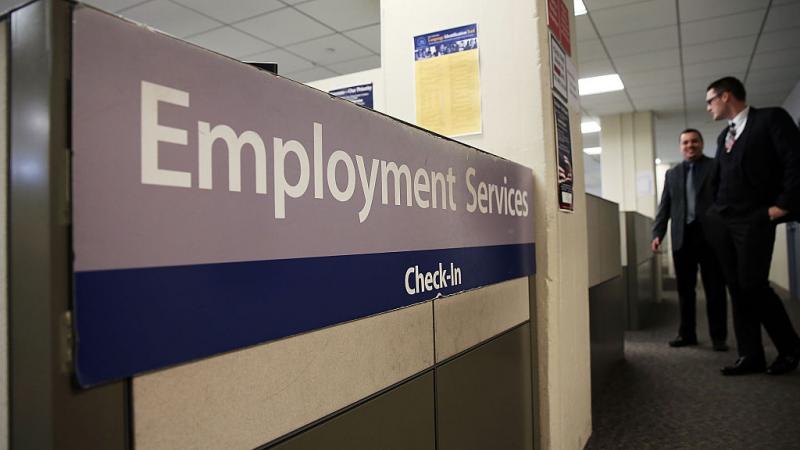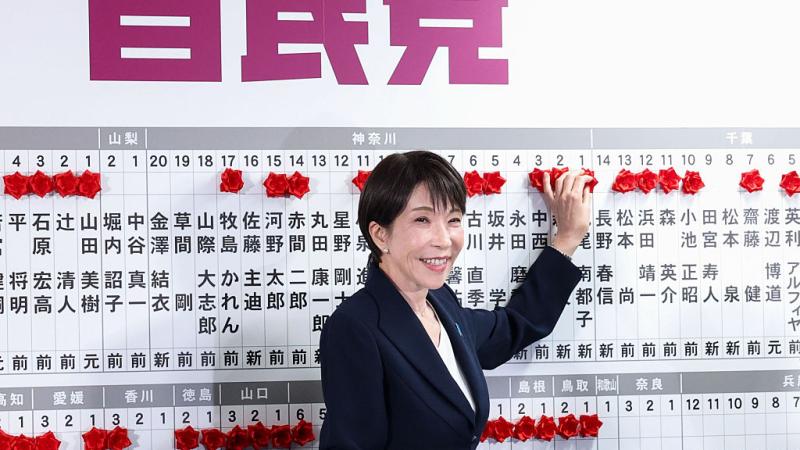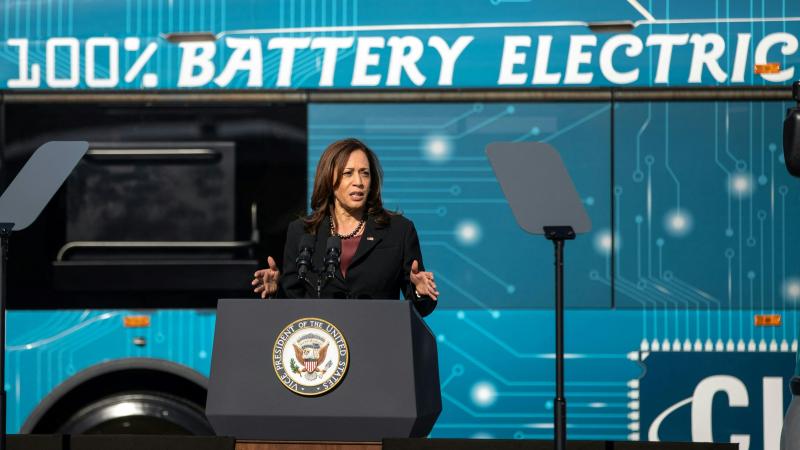'I don’t think a union has a place in Starbucks,' CEO Schultz
The former and now outgoing CEO argues the small percentage of stores having unionized shows the vast majority of Starbucks workers are satisfied with their employment.
Outgoing Starbucks CEO Howard Schultz remains opposed to the major effort among employees of the coffee shop chain unionize.
"I don’t think a union has a place in Starbucks," Schultz told CNN in an interview that has aired in parts this week on the cable news network.
Unionized workers are fighting for guaranteed schedules to protect benefits for part-time workers and other issues. They also want Starbucks to sign fair to agree to workers rights that allow employees to organize without retaliation.
In the months since returning as CEO, Schultz has doubled down on his opposition to the union. And during his tenure, the battle has intensified and turned ugly.
Union leadership has accused Starbucks of refusing to come to the bargaining table, threatening their benefits and employing union-busting tactics, claims that the company has denied. While the leadership has has filed unfair labor practice charges against Starbucks, the Seattle-base company has filed similar ones that argue the union is holding up negotiations, CNN also reports.
The National Labor Relations Board has found instances in which the company illegally threatened and fired workers involved in the union effort.
Recent NLRB data show the agency has certified 282 stores that voted to unionize and that 56 stores voted against unionizing. There are roughly 9,300 US company-operated Starbucks stores.
Schultz, who rejoined the company last year, argued the small percentage of store that have unionized shows the vast majority of workers at Starbucks stores are satisfied with their employment.
He also told CNN that he doesn’t think fighting the unionization effort will tarnish the company's brand. However, he acknowledged that Starbucks has "lost its way" and said the company "made some decisions ... that I would not have made," especially during the pandemic.
















